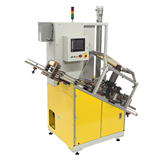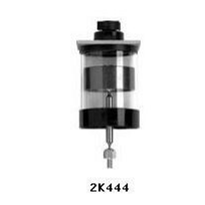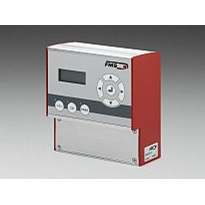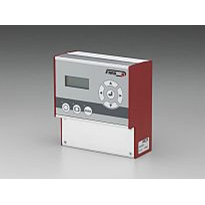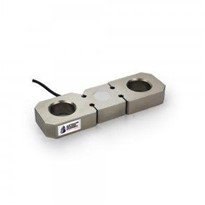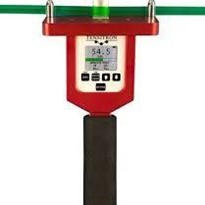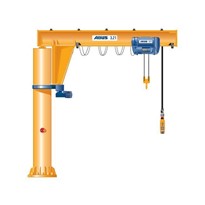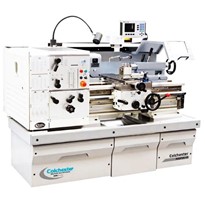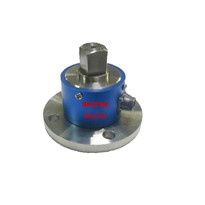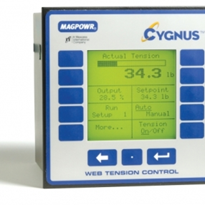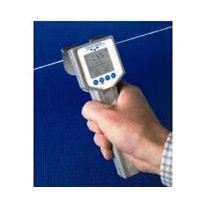Definition of Torque
Torque is any force or system of forces that tends to cause rotation about an axis.
The Importance of Torque Control
Although many methods exist to join two or more parts together, the ease of assembly and disassembly provided by threaded fasteners make them the ideal choice for any applications.
The object of a threaded fastener is to clamp parts together with a tension greater than the external forces tending to separate them. The bolt then remains under constant stress and is immune from fatigue. However, if the initial tension is too low, varying loads act on the bolt and it will quickly fail. If the initial tension is too high, the tightening process may cause bolt failure. Reliability therefore depends upon correct initial tension. The most practical way of ensuring this is by specifying and controlling the tightening torque.
Bolt Tension
When an assembly is clamped by tightening a nut and bolt, the induced tension causes the bolt to stretch. An equal force acts to compress the parts which are thus clamped.
The proof load of a bolt, normally established by test, is the load which just starts to induce permanent set - also known as the yield point. Typically bolts are tightened to between 75% and 90% of yield.
It is the tension in a fastener rather than torque that is the critical factor.
Torque is the preferred method of establishing tension in the majority of circumstances.


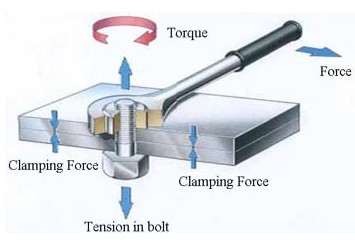



-160x160-state_article-rel-cat.png)



-160x160-state_article-rel-cat.png)


-160x160-state_article-rel-cat.png)




